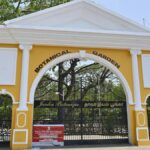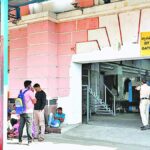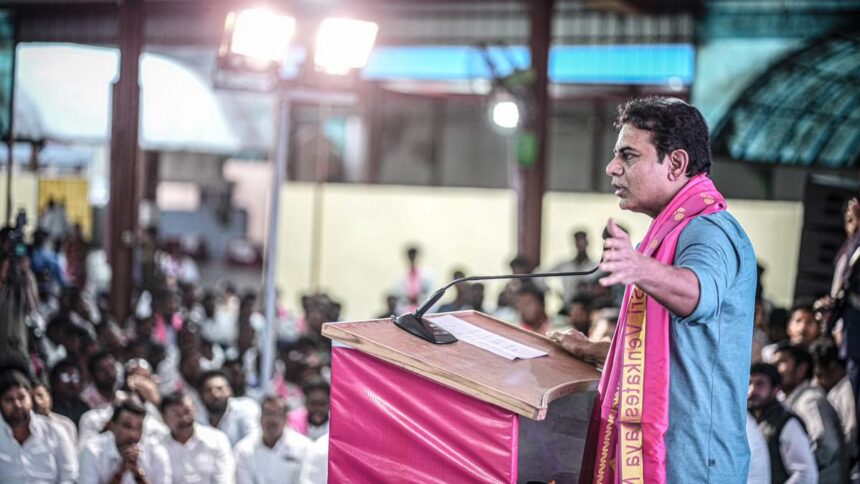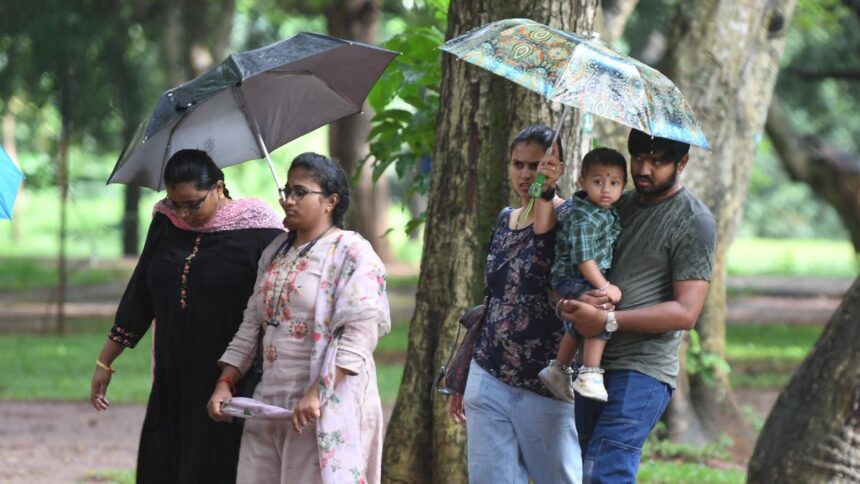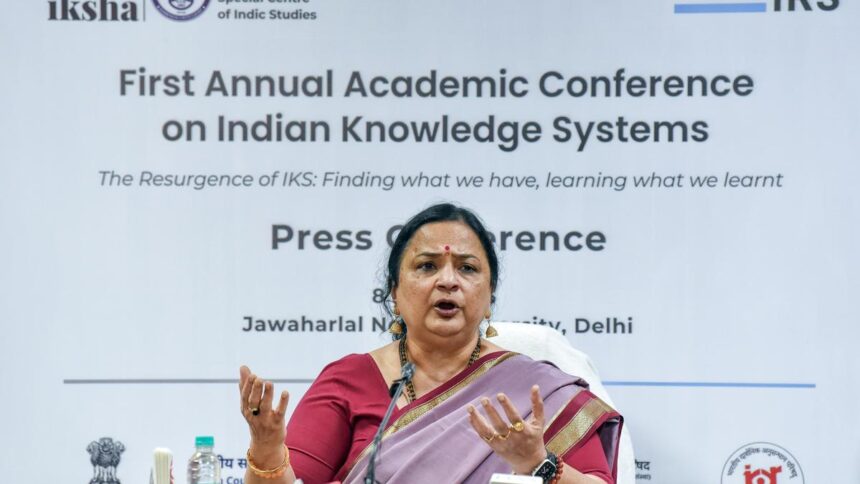
N. Ram, Trustee, Asian College of Journalism, Dr. Anirudh Kala, Psychiatrist and Sujatha Rao, former Union Secretary of the Ministry of Health and family welfare during the third Keshav Desiraju memorial lecture series held in Chennai on Friday.
| Photo Credit: S.R. RAGHUNATHAN
Not a huge ancient structure, but smaller institutions with no more than 100 beds are needed for patients with chronic mental illnesses. These smaller facilities should be more distributed and have modern spaces, Anirudh Kala, psychiatrist and author of “The Unsafe Asylum : Stories of Partition and Madness” said on Friday.
Dr. Kala gave his keynote lecture at the third Keshav Desiraju Memorial Lecture Series. It was followed by a conversation with Sujatha Rao, former Union Health Secretary, during which he was asked about deinstitutionalisation of mental health care, whether mental asylums were bad, and what he believed the government’s policy should be.
He said that whatever name they are given, institutions are needed. “We are talking about a chronic illness. Many patients actually do not fully recover, and in many cases have no place to go. Push them out, and they will be on the streets,” he said. He added that there could be smaller hospitals not having more than 100 beds. “We need some place for chronic patients,” he noted.
When Dr. Rao asked why mental health professionals were not lobbying more actively for greater government attention to mental health, he said that the country’s health budget is 1% of the GDP, and mental health takes 1% of that health budget. “In India, health is not a politically important subject,” he said.
Technology addiction
“There will be people with dementia. We have not even started to think about technology addiction and processed food addiction. These problems will come soon,” he said.
In his lecture, Dr. Kala explored the intersection of historical trauma and mental health, drawing on stories of partition from his book.
During the partition of India, a million people died, and 10 million people were uprooted from their homes, making it the largest forced migration in the history of mankind, he said. “My parents came from Lahore during the partition events, and I was born on December 1947. I was one of the thousands who were conceived in what later became Pakistan but were born in Independent India,” he added. Noting that no one spoke about the partition then, he said, as a junior resident in psychiatry, he saw patients who presented with psychiatric symptoms related to the group.
He wished his parents and thousands like them had talked or somebody had talked to them, or they had talked among themselves about their feelings.
It was organised by The Banyan and Cognizant Foundation. K.V. Kishore Kumar, Executive director, The Banyan, BALM, and Aladamara, and Kasturi Balaji, Director, Cognizant Foundation, also spoke.
Published – September 06, 2025 01:08 am IST







